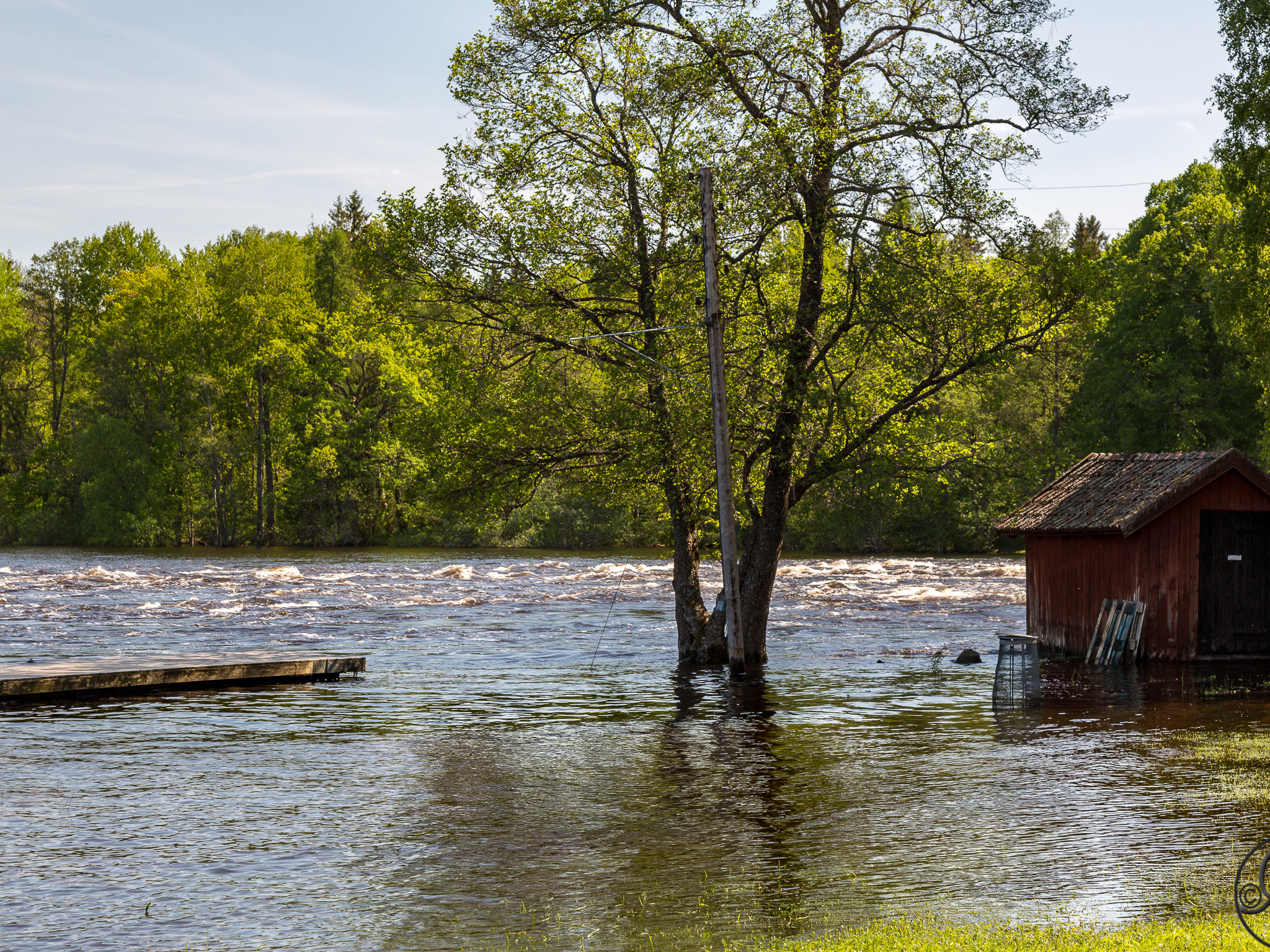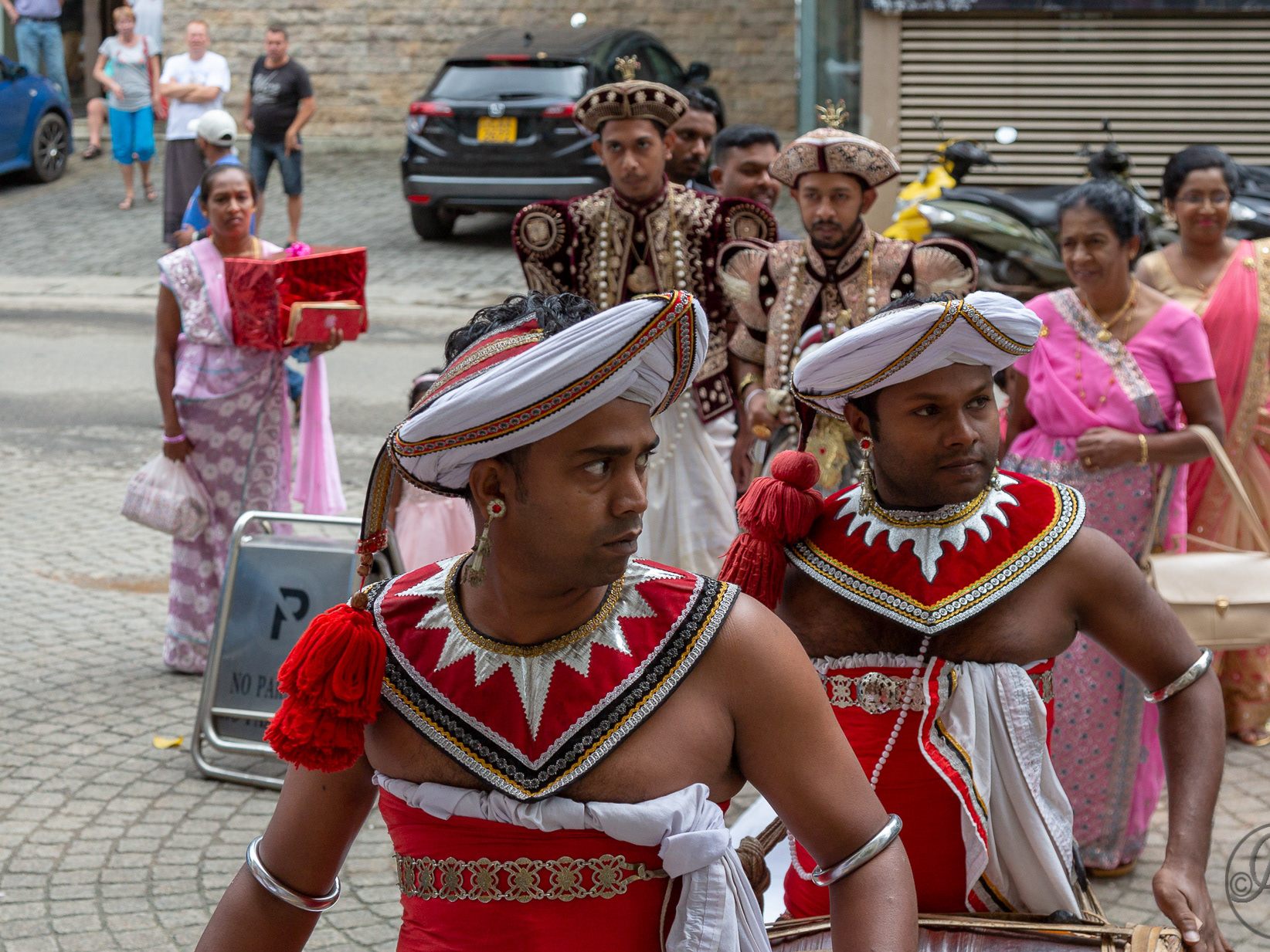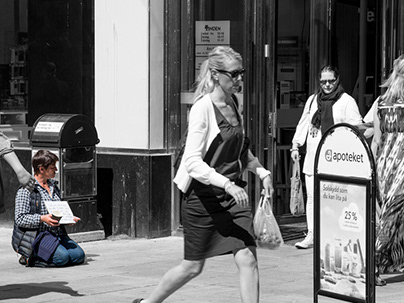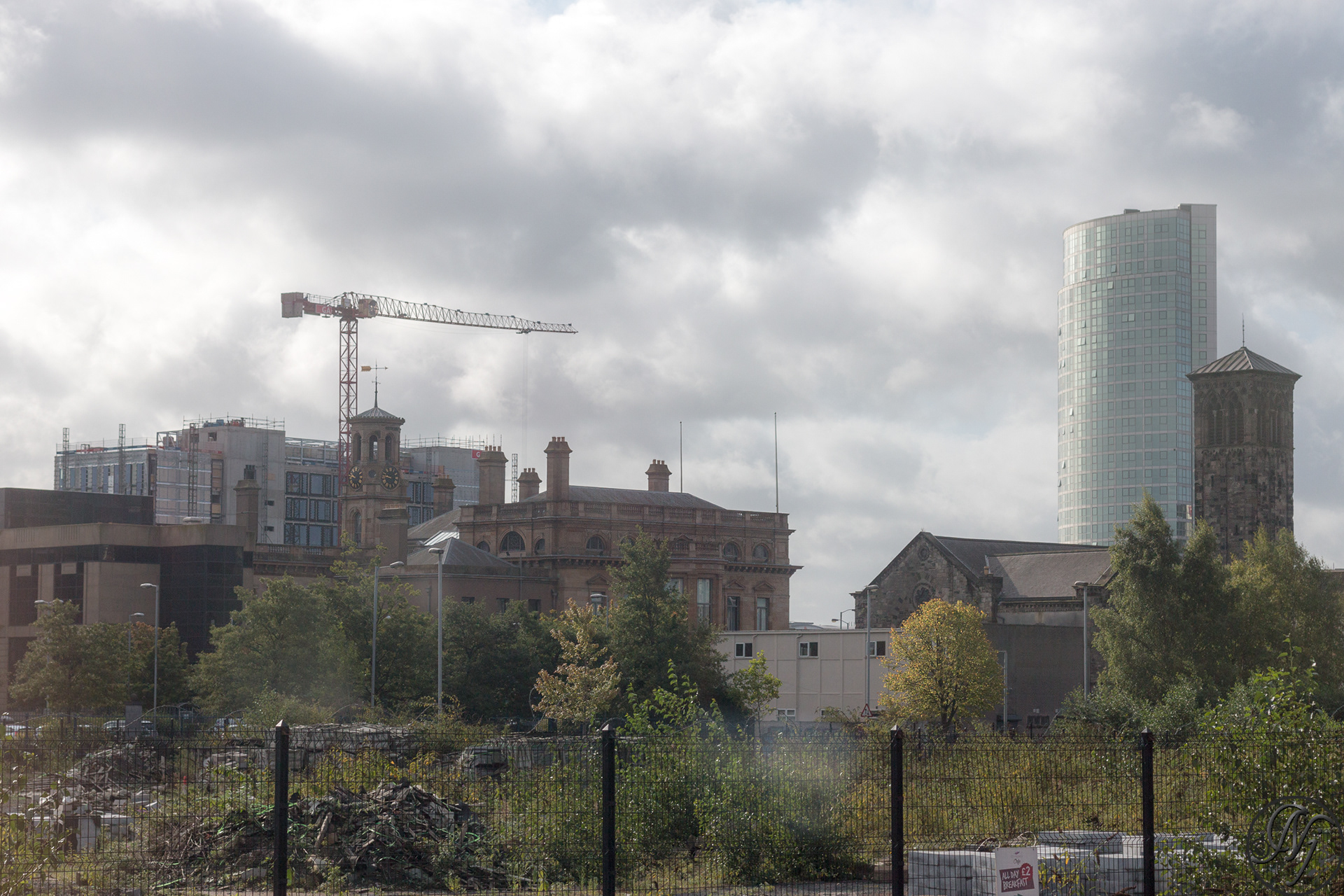
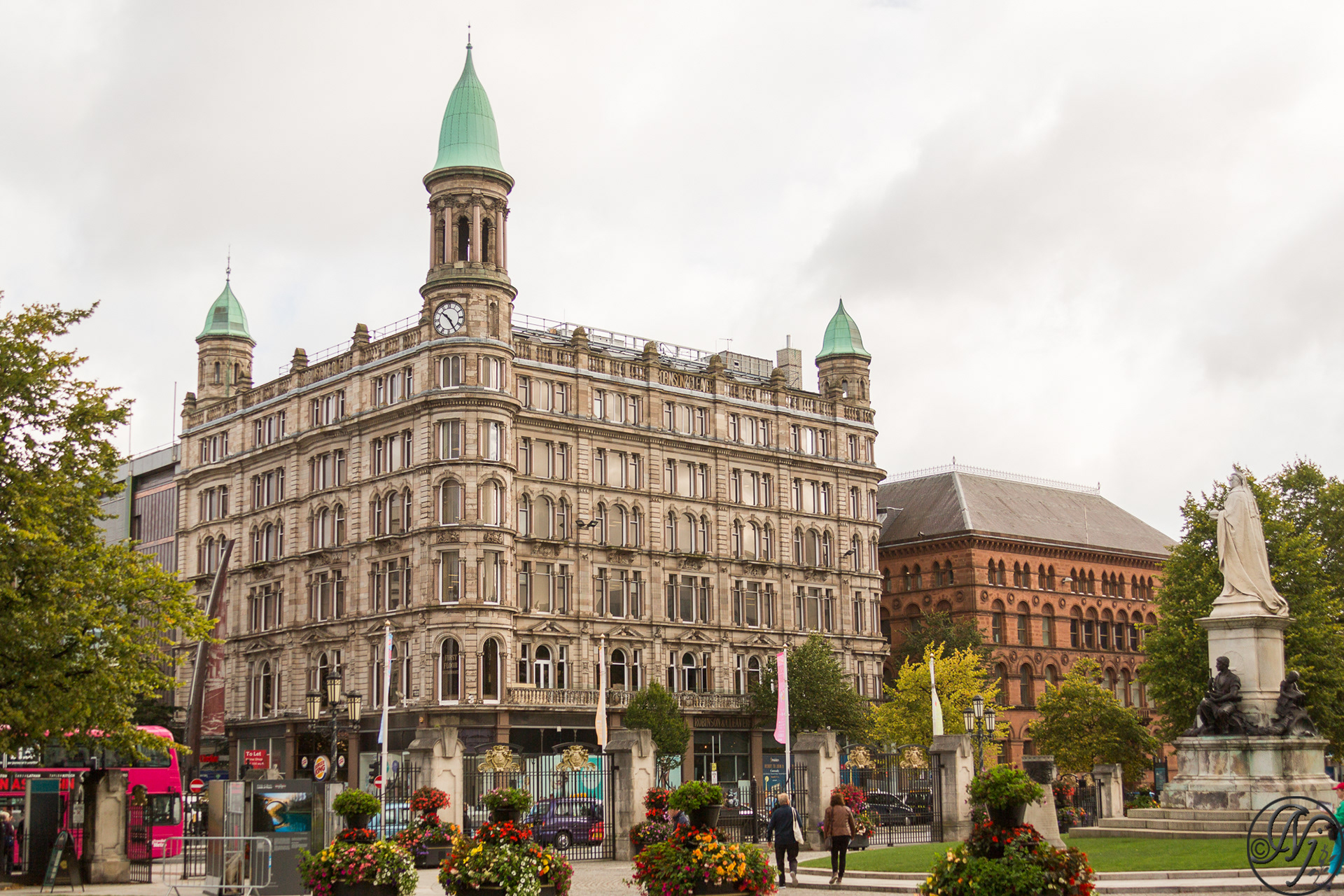
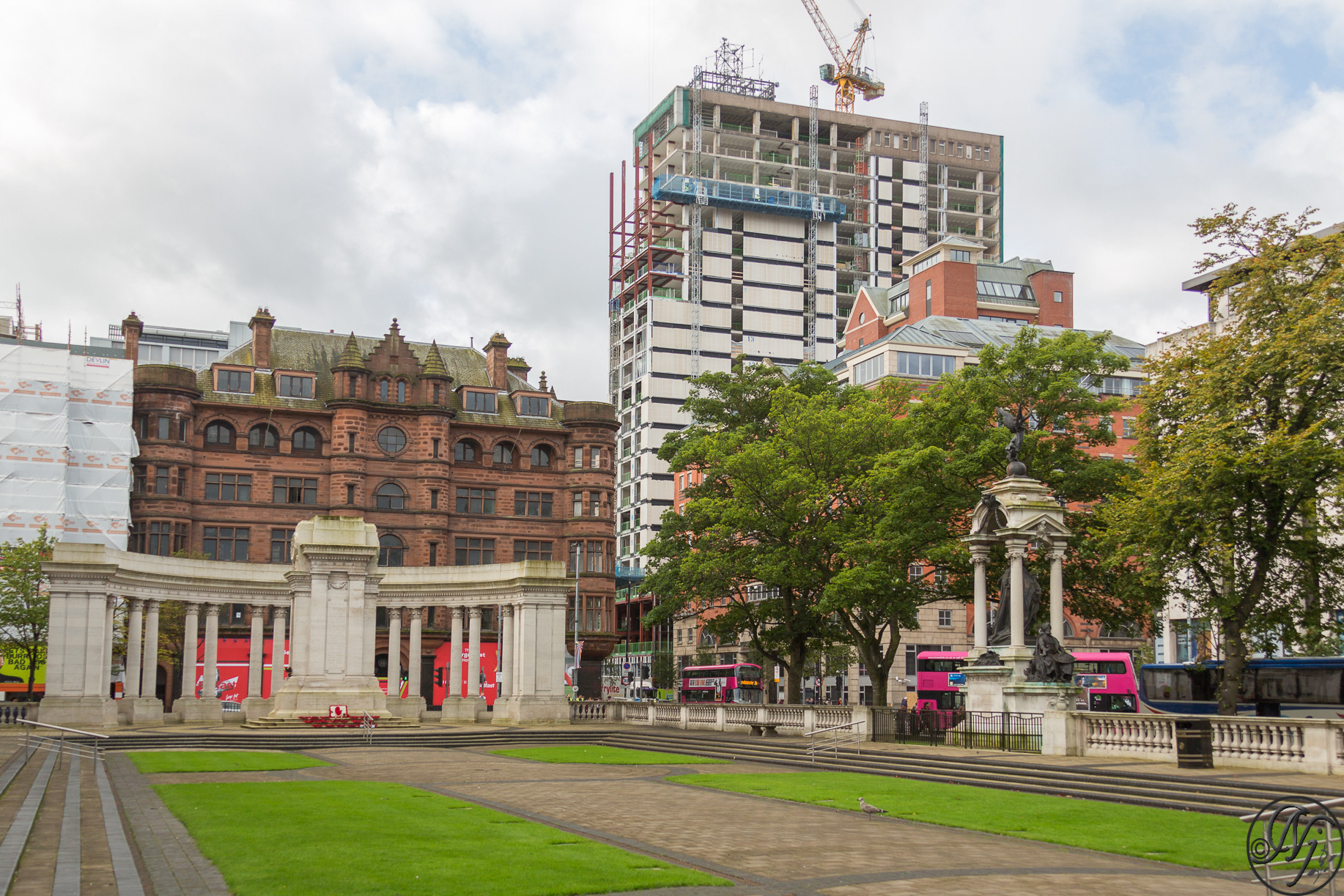
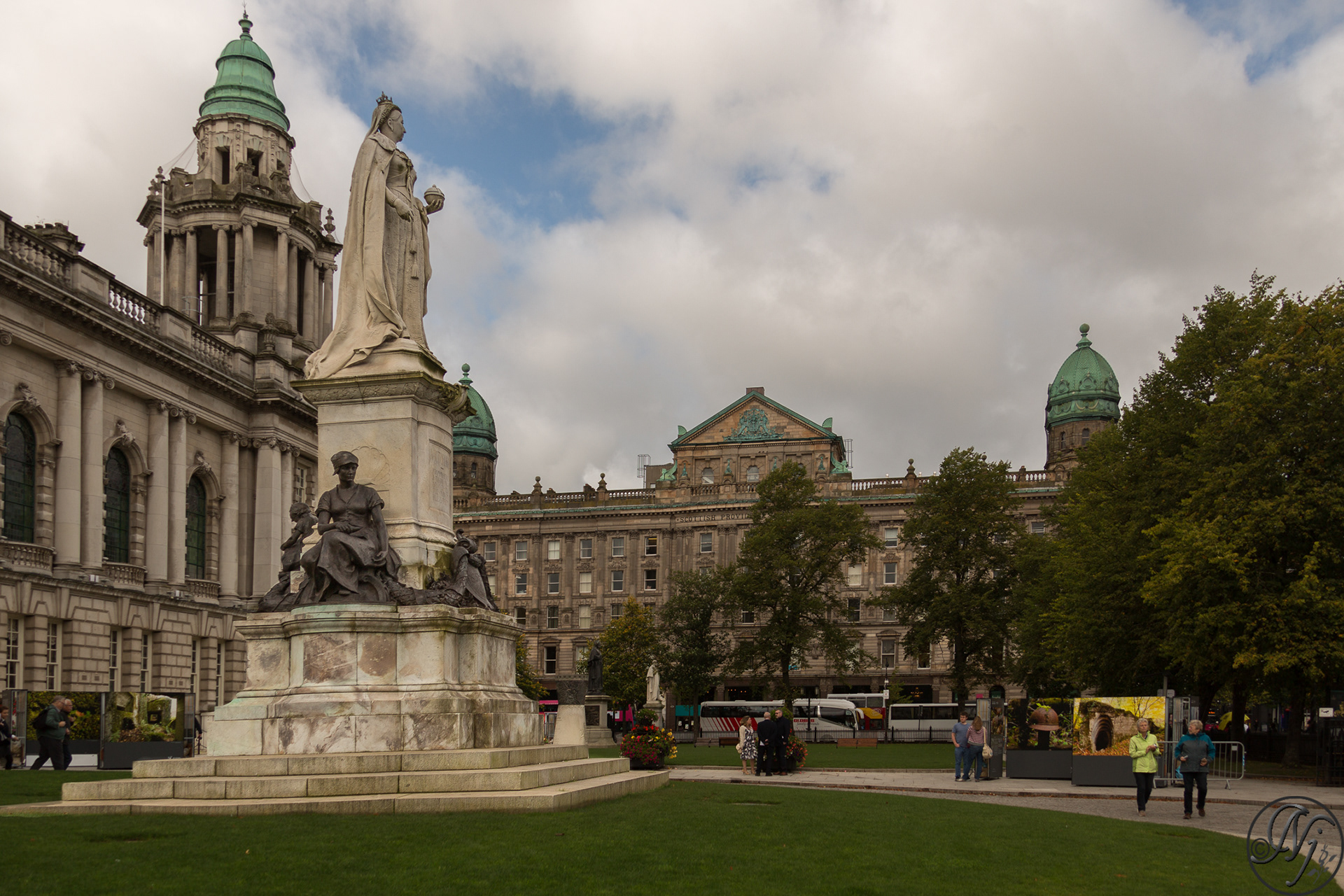
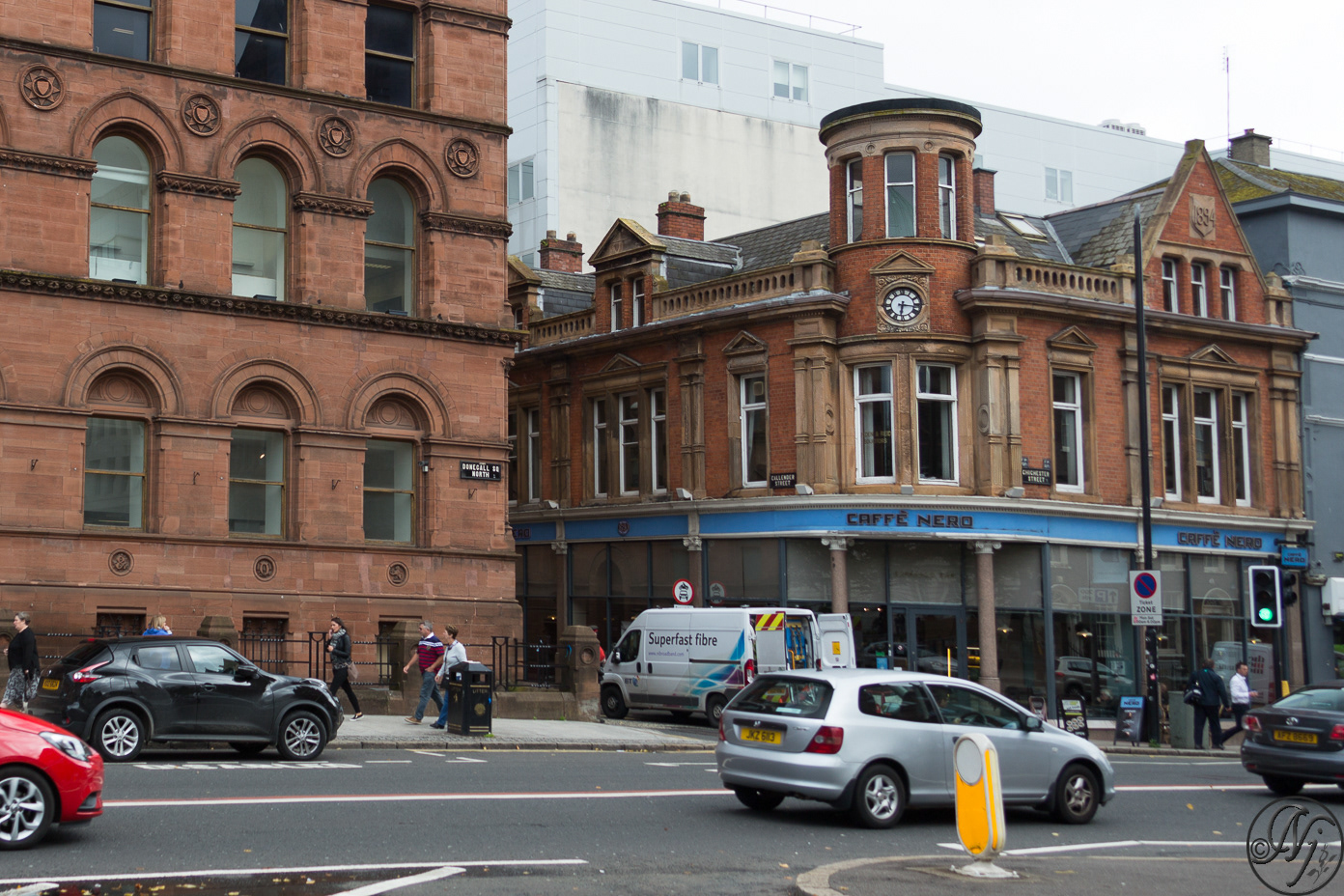

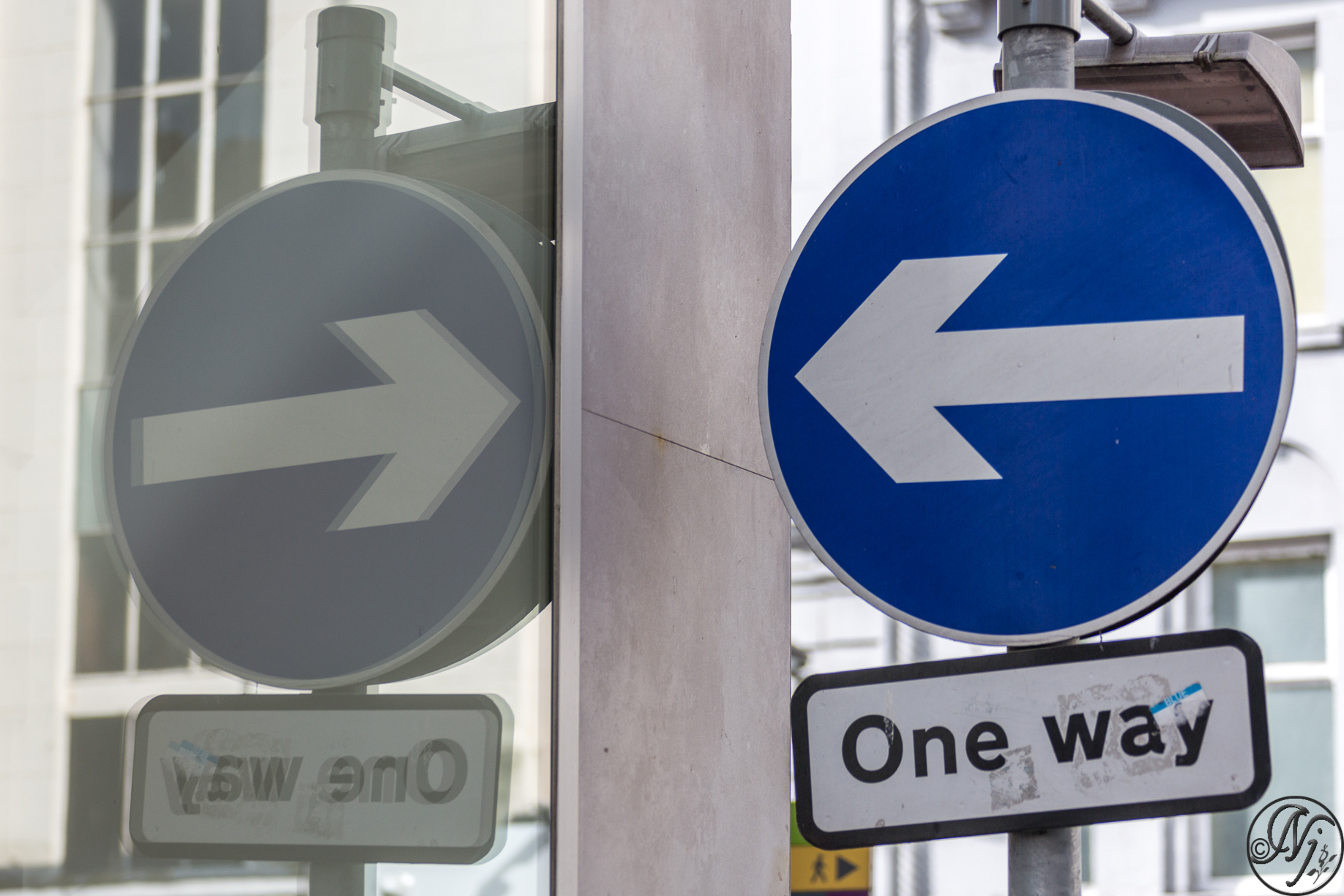

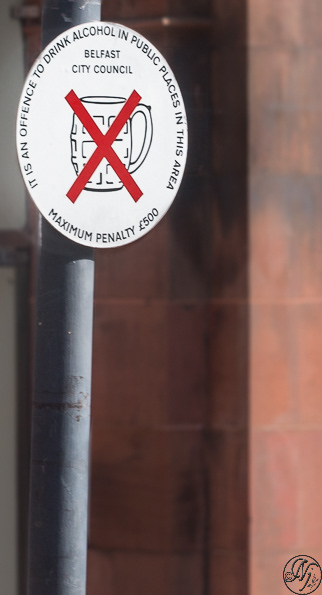
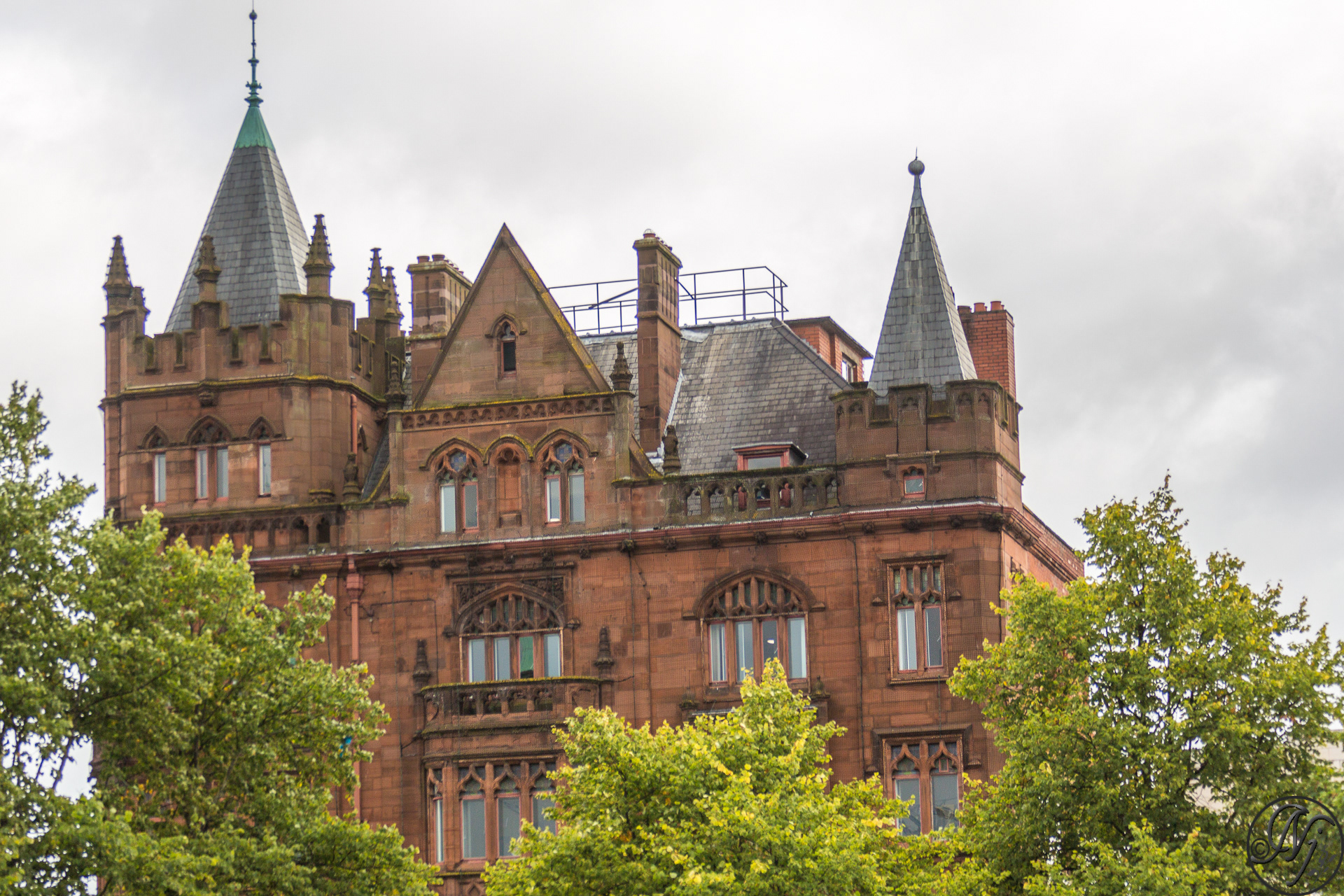
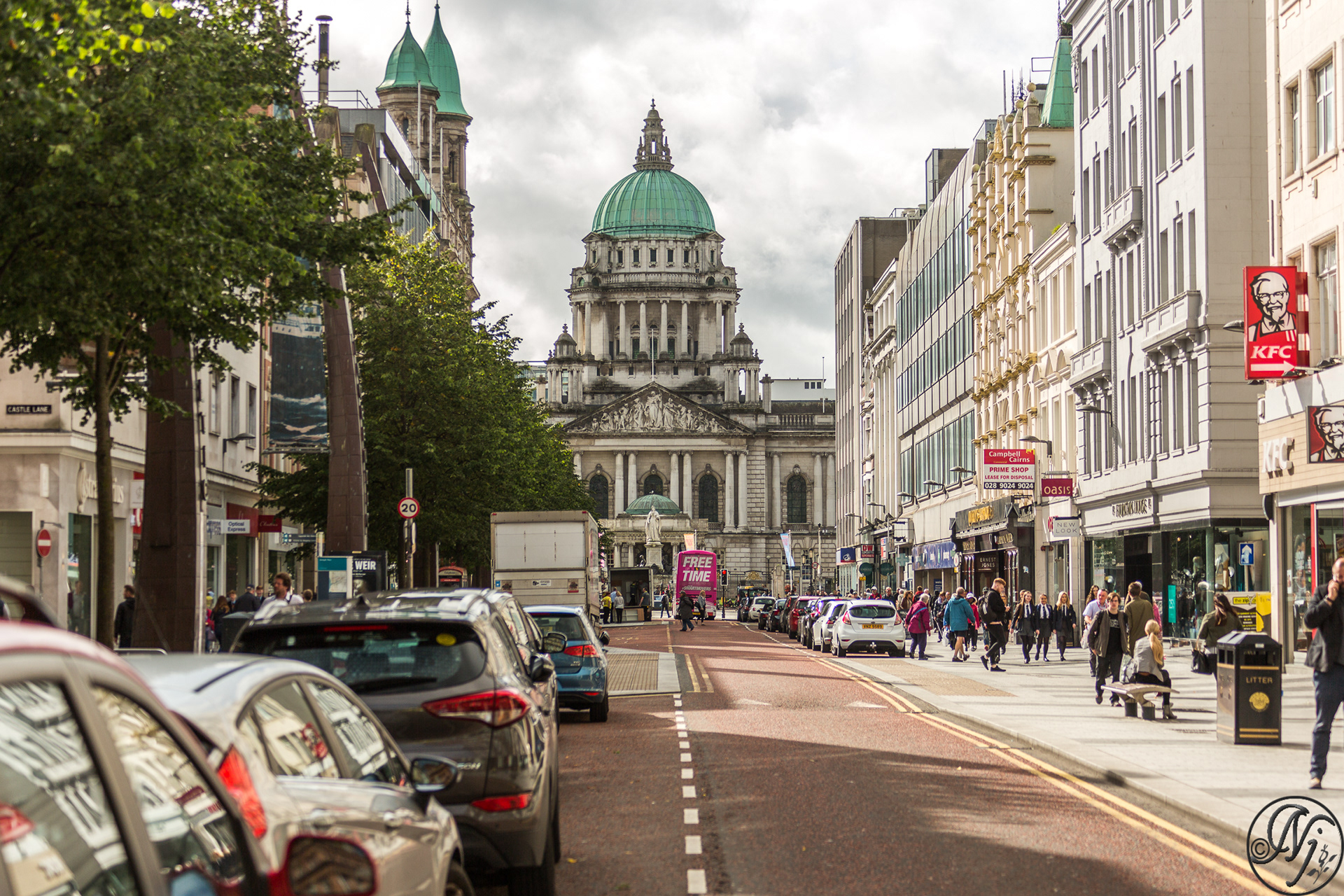
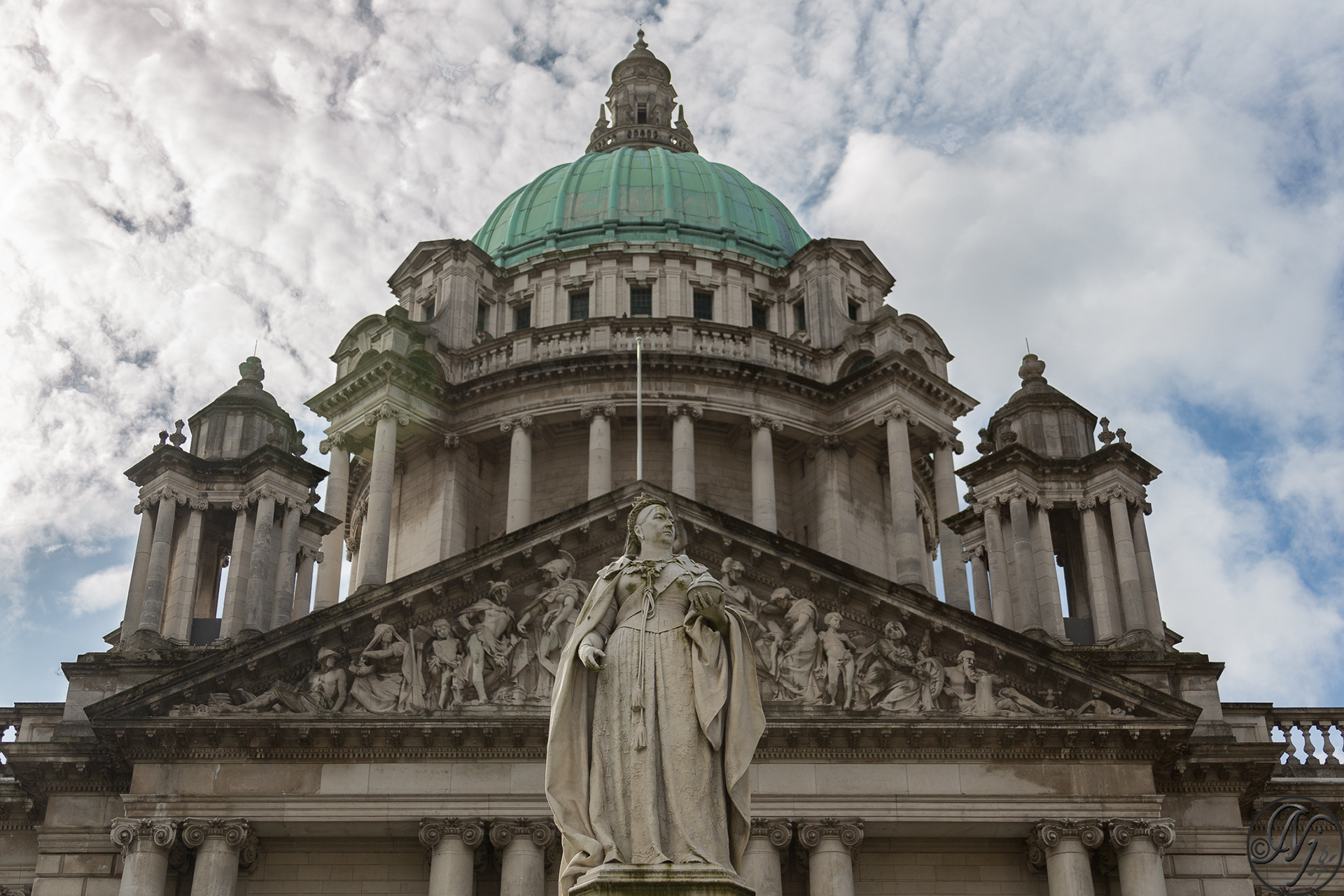
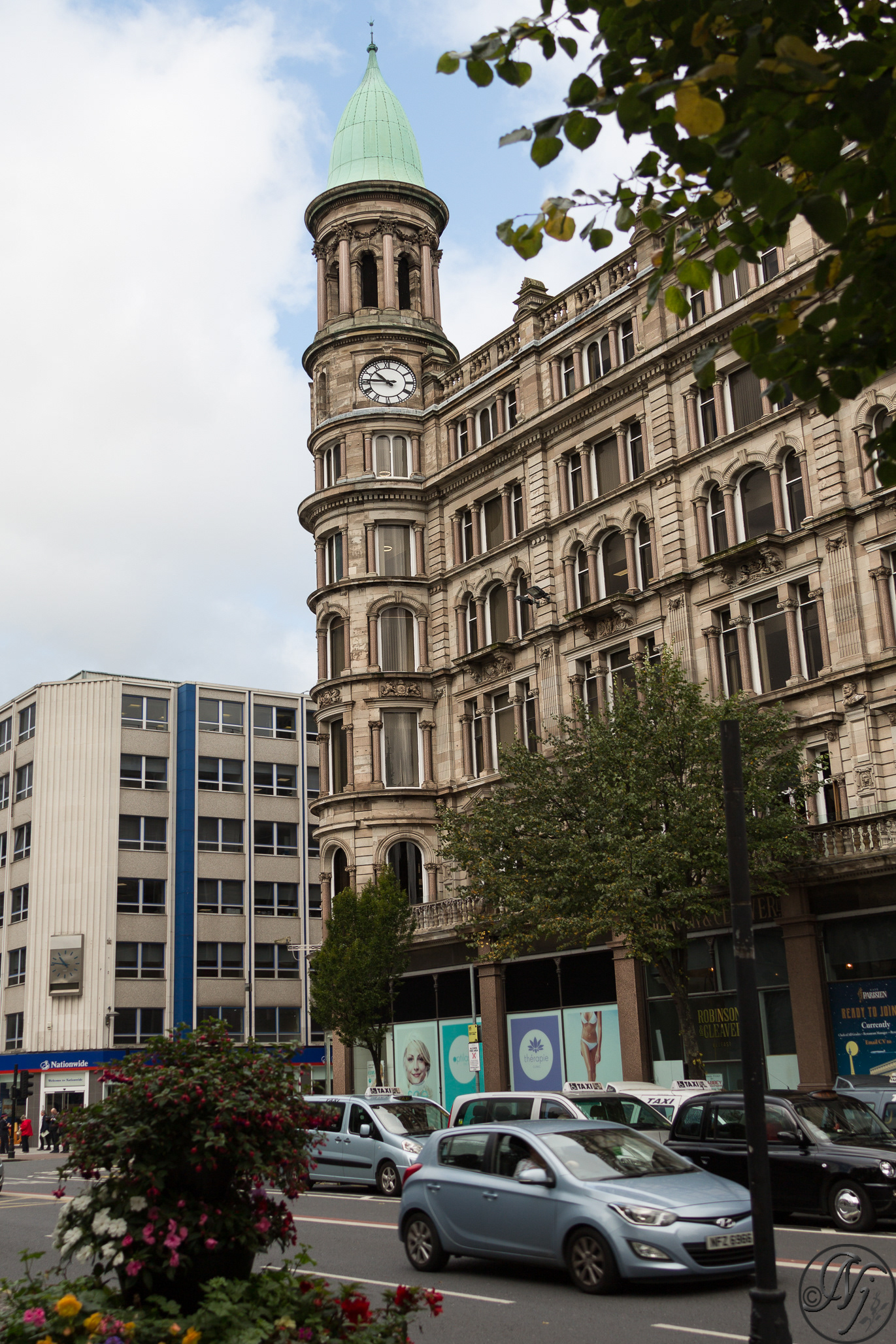
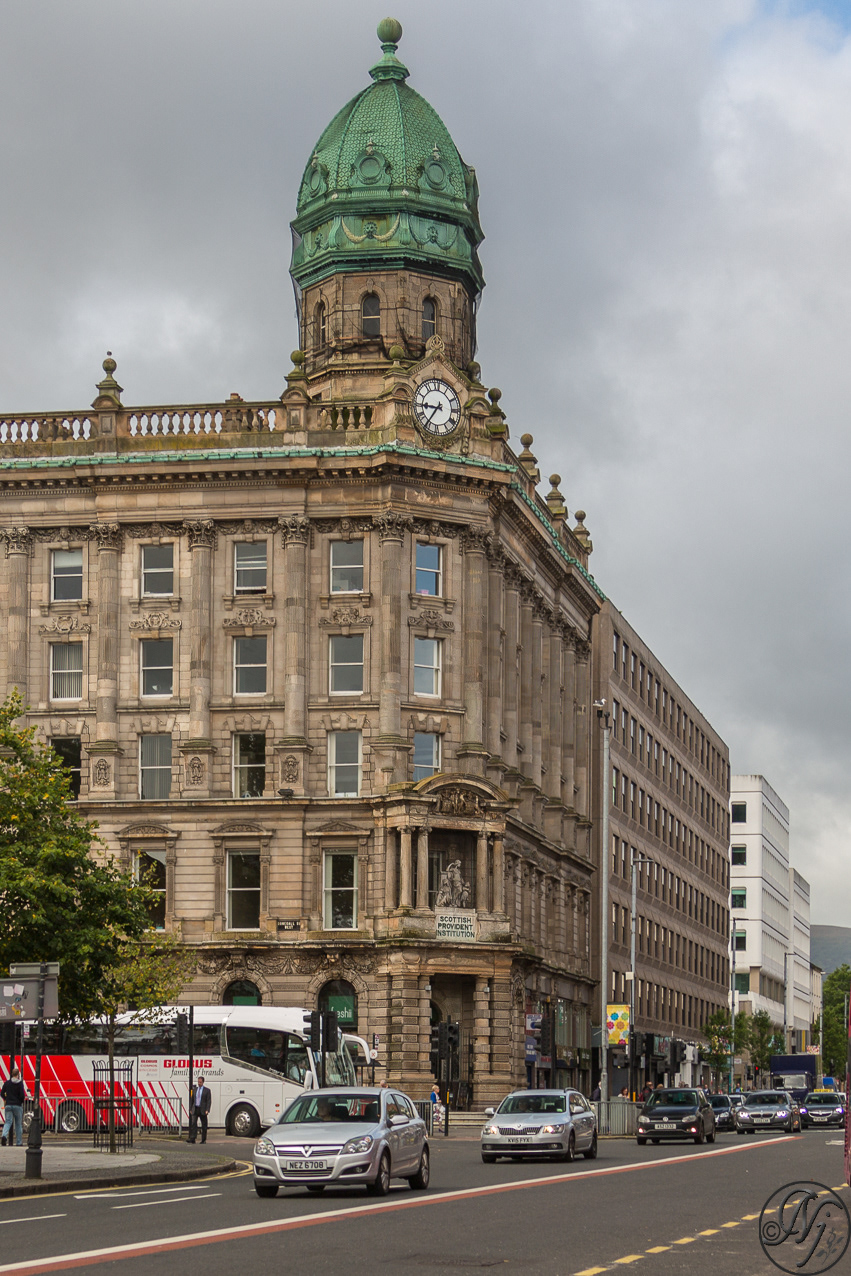
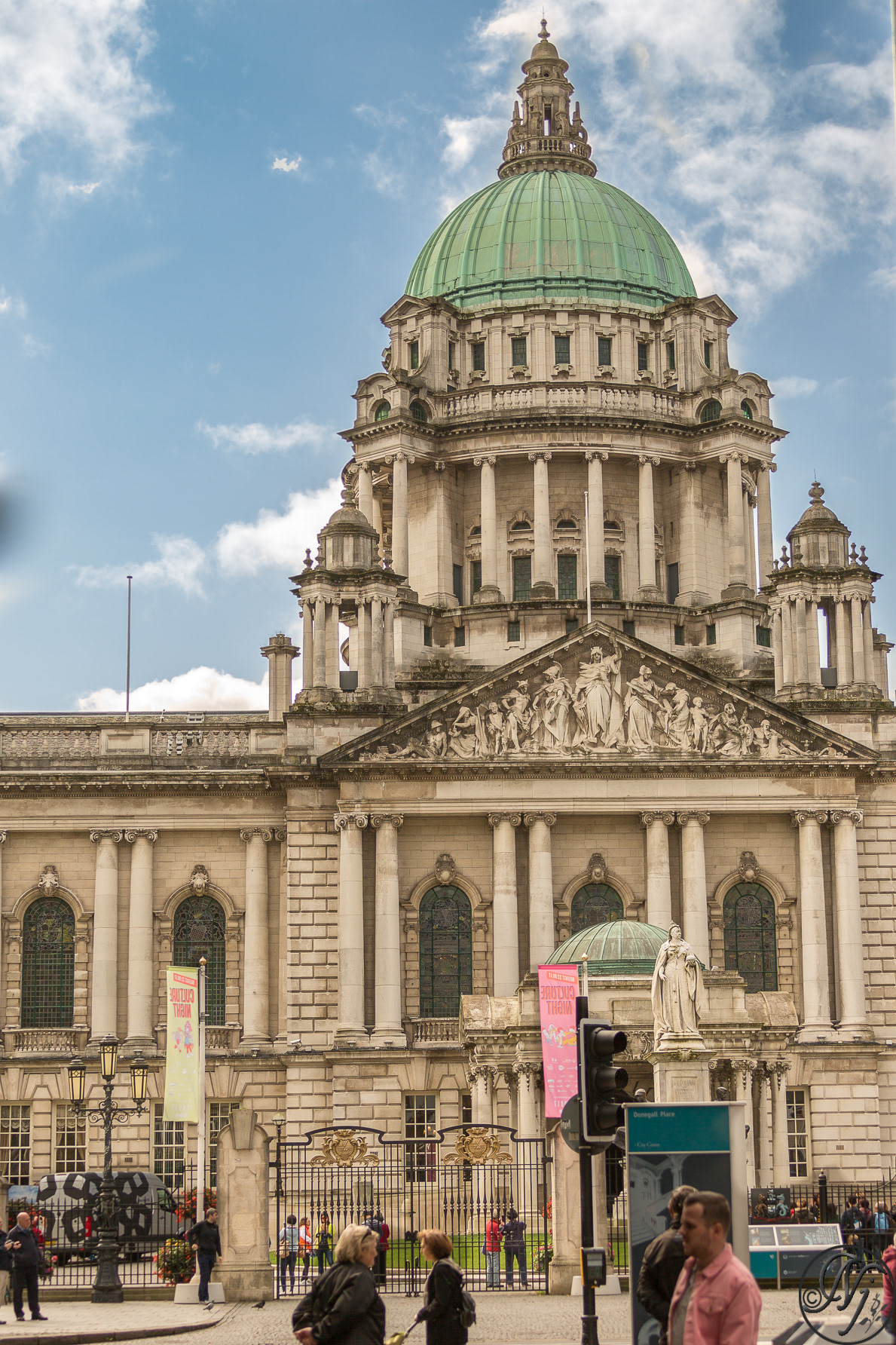

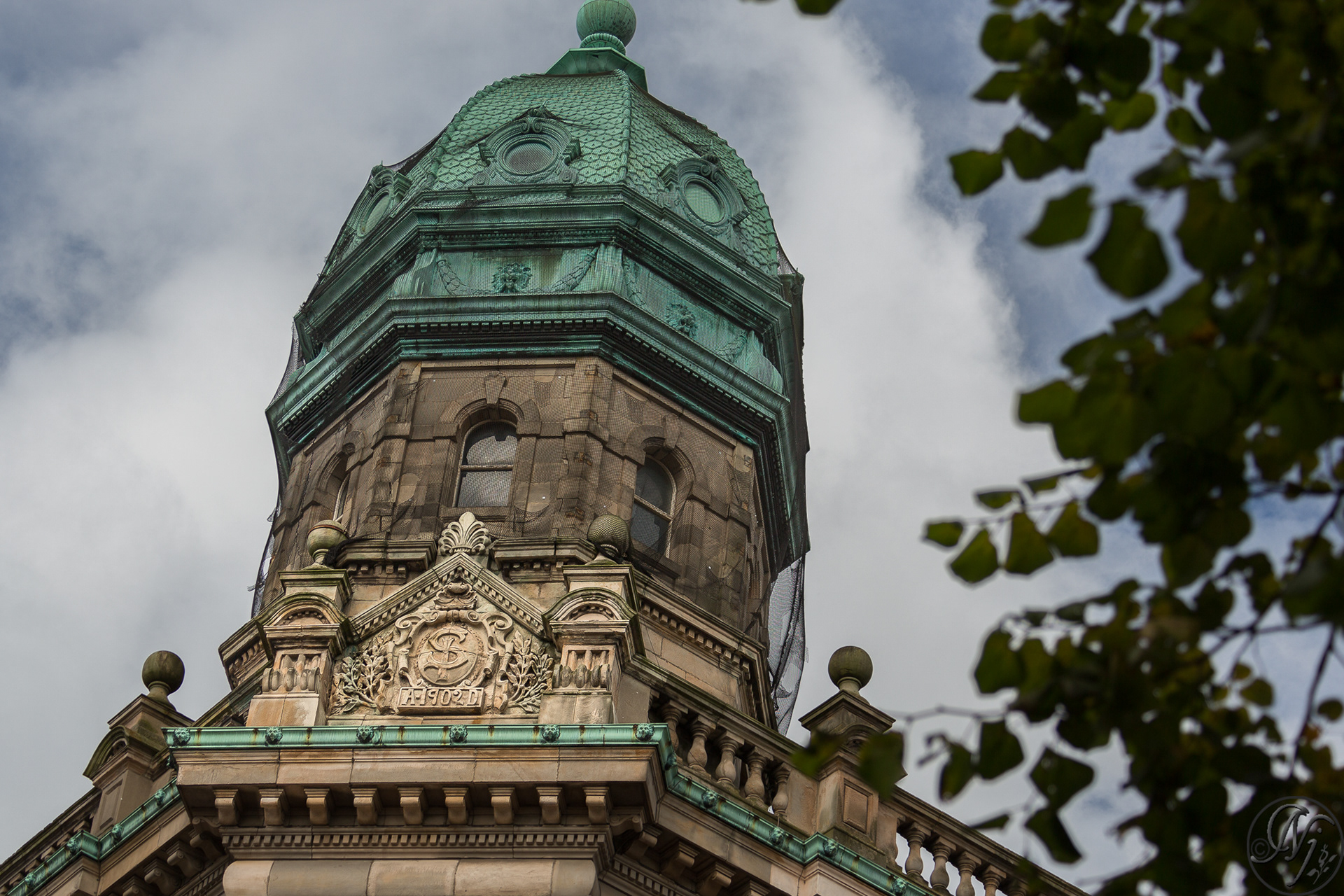
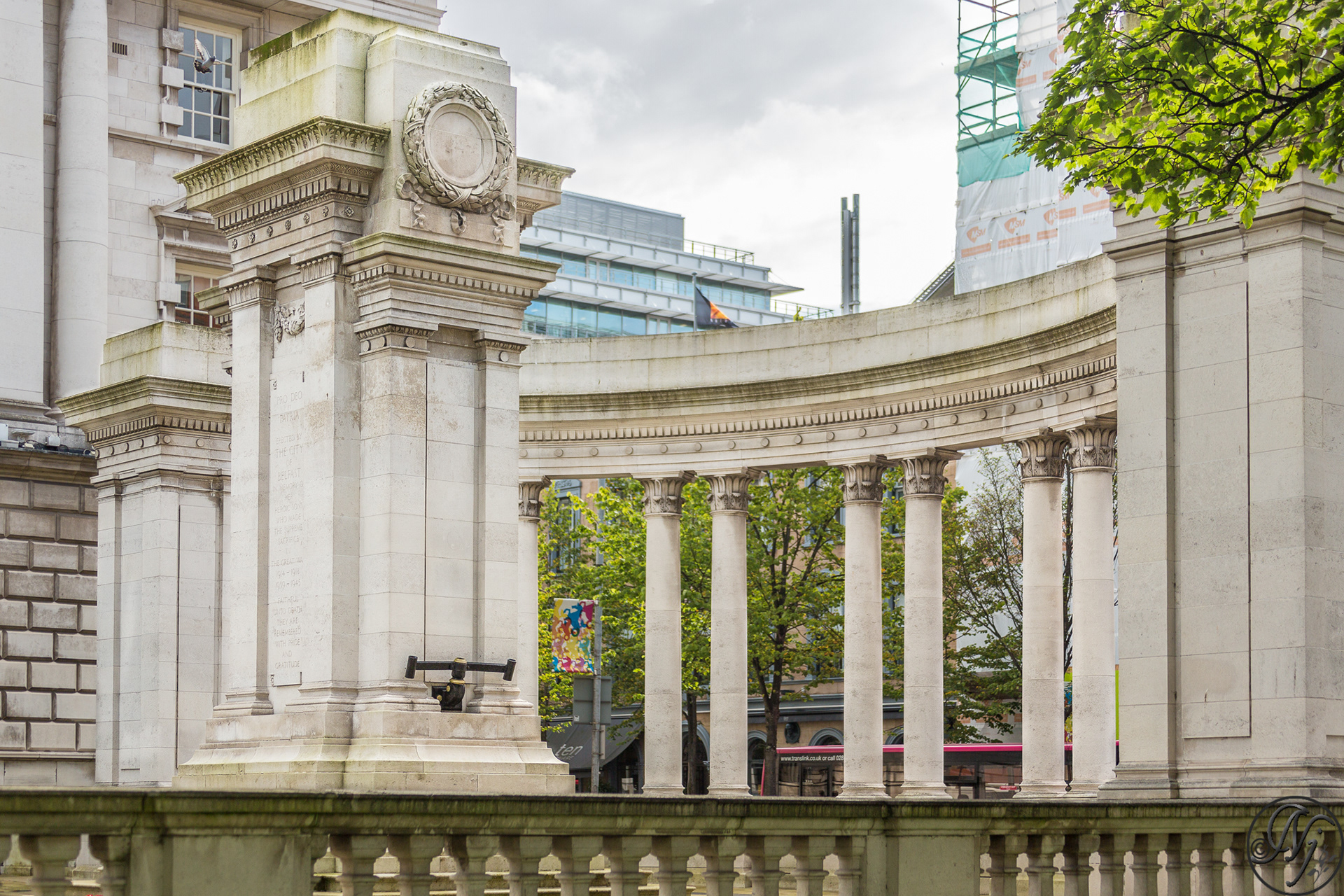
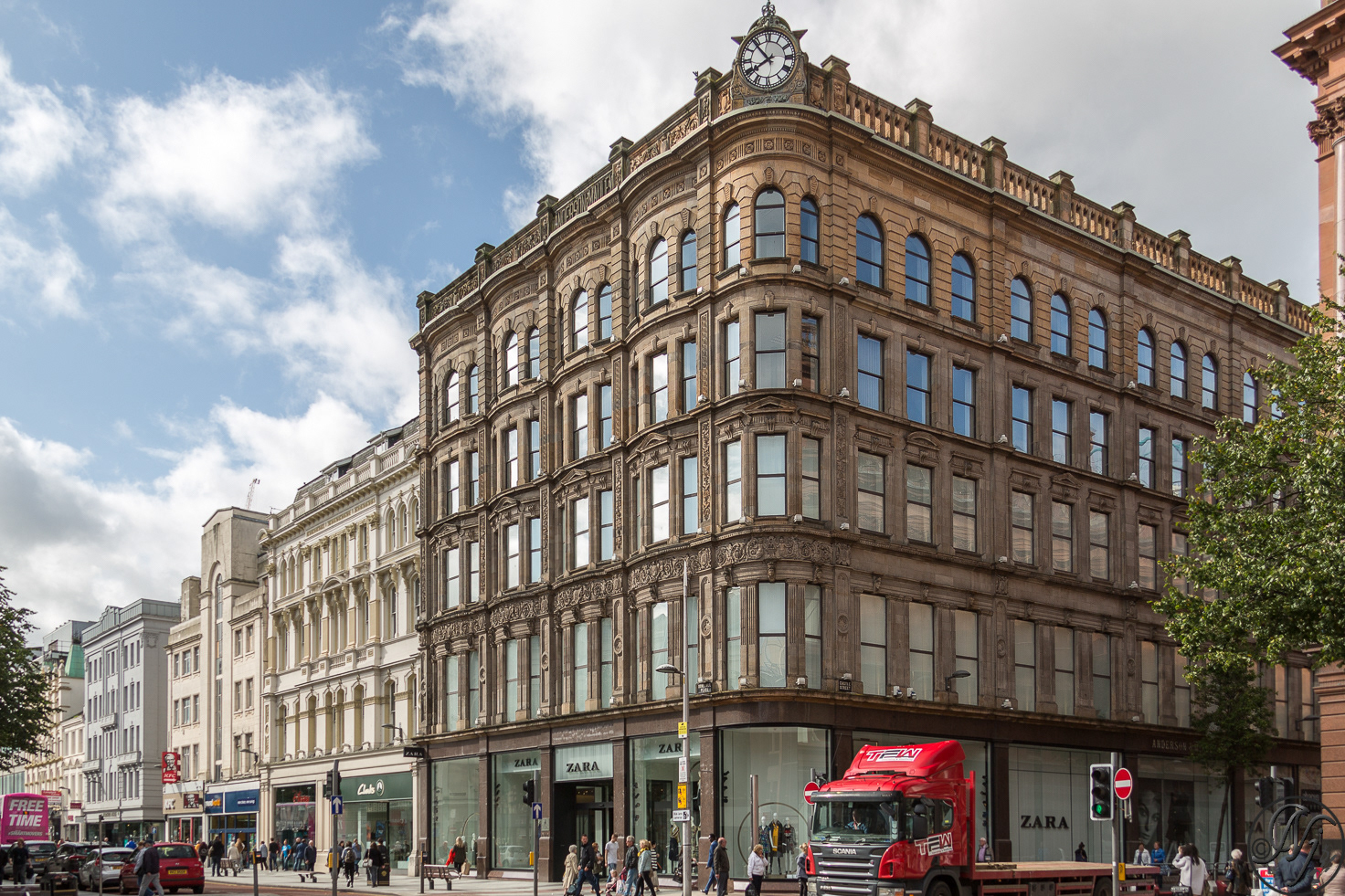
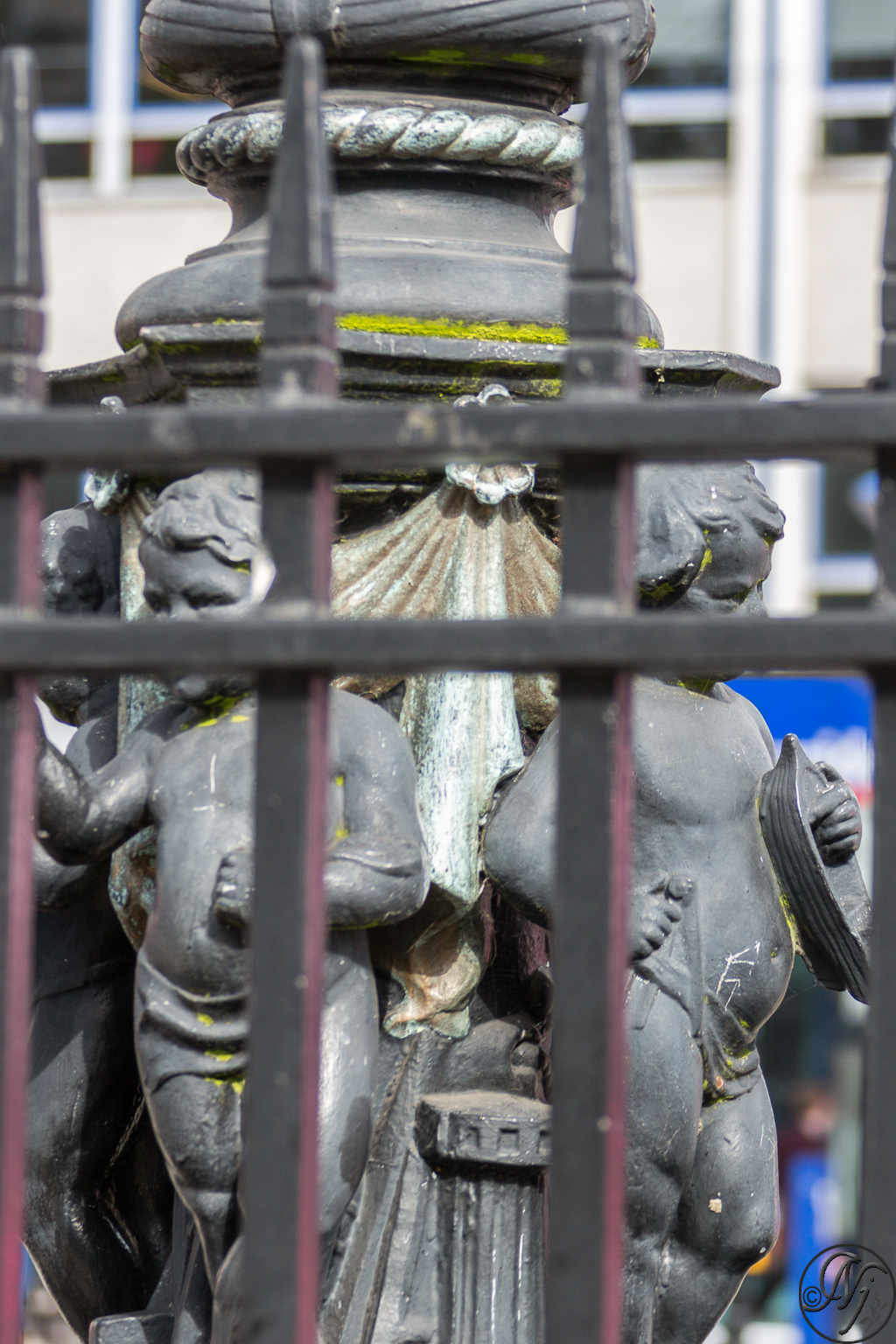
Belfast, meaning "rivermouth of the sandbanks") is the capital and largest city of Northern Ireland, and the second largest on the island of Ireland. On the River Lagan, it had a population of 333,871 in 2015. Belfast was granted city status in 1888. Belfast was a centre of the Irish linen, tobacco-processing, rope-making and shipbuilding industries: in the early 20th century, Harland and Wolff, which built the RMS Titanic, was the world's biggest and most productive shipyard. Belfast played a key role in the Industrial Revolution, and was a global industrial centre until the latter half of the 20th century. It has sustained a major aerospace and missiles industry since the mid 1930s. Industrialisation and the inward migration it brought made Belfast Ireland's biggest city at the beginning of the 20th century. Today, Belfast remains a centre for industry, as well as the arts, higher education, business, and law, and is the economic engine of Northern Ireland. The city suffered greatly during the Troubles, but latterly has undergone a sustained period of calm, free from the intense political violence of former years, and substantial economic and commercial growth. Additionally, Belfast city centre has undergone considerable expansion and regeneration in recent years, notably around Victoria Square. Belfast is served by two airports: George Best Belfast City Airport in the city, and Belfast International Airport 15 miles (24 km) west of the city. Belfast is a major port, with commercial and industrial docks dominating the Belfast Lough shoreline, including the Harland and Wolff shipyard, and is listed by the Globalization and World Cities Research Network (GaWC) as a global city. Info:Wikipedia




















